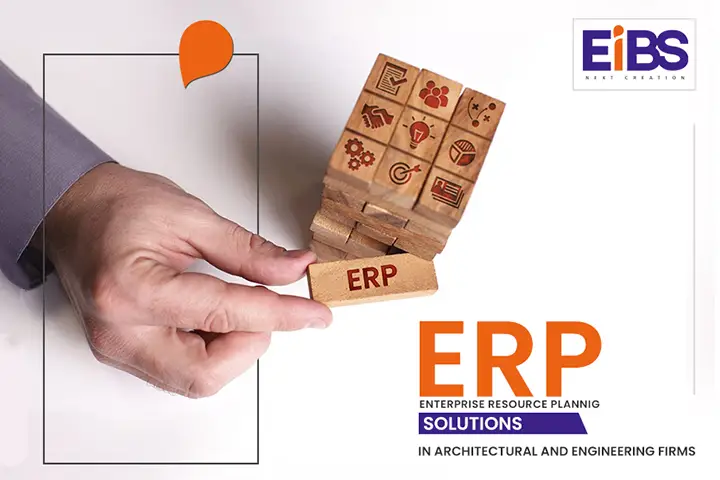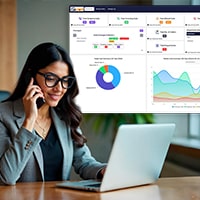
Industrial Impact of ERP: Architecture and engineering firms are adopting modern technology to manage their projects and client relationships. But, many cases experience functionality gaps. According to the Global Survey, only 31 percent of the respondents use integrated systems for project reporting. This means that most project managers lack the capability to control all elements of the work. In that case, the ERP solution for Architects provides an integrated real-time view of business processes, using common databases. It tracks business resources such as materials, production capacity, service units, cash and the status of sales orders, purchase and payroll.
Management techniques in architectural and engineering firms have become outdated and organizations have oriented themselves to work in environments where the processes are complete quicker and information managed efficiently. At the same time, the nature of these industries are fragmented and evolved independently with their own unique technology and way of expressing and communicating information.
ERP Solutions
Enterprise Resource Planning Solution integrates business management modules and user-friendly technology. However, it combines the entire business functions such as inventory management, warehouse management, manufacturing, distribution, invoice tracking, accounting, sales, production planning, purchase management, finance, hr management software, supply chain management, logistics, CRM Solutions, etc. on to a single framework. Therefore, enabling business owners to take balanced and informed decisions for the future.
Industrial Impact of ERP Software
A well-implemented Industrial Impact of ERP Software Development will provide architectural and engineering companies to have many benefits such as
Visibility: It gives companies visibility into the Industrial Impact of erp for small business. Accounting, estimating, project management, project completion and schedules, human resource management, and projections of profitability in a single, centralized and integrated software solution.
Workflow Redundancy: ERP Solution Provider are radically reduce redundant data entry and processes.
Real-Time Information: ERP solutions help companies to integrate core management processes that provide real-time information to the whole team anywhere in the world.
Agility: This software creates a more agile company that better adapts to change. As well as, it makes a company more flexible and less rigidly structured. Therefore, organizational components operate more cohesively, enhancing the business such as internally and externally.
Cash Flow: It helps companies manage their cash flow and banking relationships.
Compliance: As a matter of fact, it can help companies to comply with government regulations and owners’ documentation requirements.
Business Intelligence: With business intelligence, Best ERP solutions help firms to mine the data for information critical to their business.


